Advertisement
SQL is everywhere—from apps that run your favorite stores to the systems behind your bank's transactions. But if you've spent any time around developers or tech forums, you've probably heard debates about what SQL really is. Is it a full-blown programming language, or is it just another scripting tool? The confusion is valid. SQL doesn't look like other languages, and it doesn't behave like them, either. So, let's talk it out in plain terms.
SQL is short for Structured Query Language. And yes, it does what the name implies—it works with structured data. You use it to communicate with databases: to add data, retrieve the things you need, update records, or delete them entirely. But here's the catch—SQL doesn't stand on its own. It doesn't execute like JavaScript in your browser or Python in your application. Rather, it issues commands to a database management system (such as MySQL, PostgreSQL, or SQLite) and waits for the response.
If you have worked with SQL before, you'll recognize it's more instructing than coding logic-based scripts. You're like, "SELECT name FROM users WHERE age > 30," and it returns a list. You're not instructing the system to search; you're instructing the system what you want out of it. The database engine takes care of the rest.
But this is where the debate starts. Most programming languages are all about flow control, logic, and calculations. SQL doesn’t really have that, at least not in the usual way. You’re not looping through data row by row. You’re writing queries, and the database handles the logic under the hood.
To be fair, SQL is a language. It has syntax, structure, and rules. You can use it to define what data you want, how you want it sorted, and how different sets of data should relate to each other. That checks a few boxes for what makes something a language.
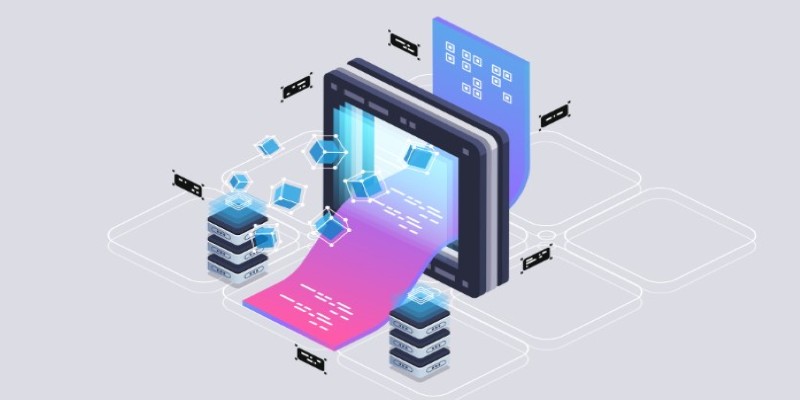
Also, SQL can be Turing complete—which is just a fancy way of saying it can, in theory, perform any calculation that any other programming language can do. But this depends on the database you’re using. For instance, PostgreSQL lets you write custom functions and run loops using procedural extensions like PL/pgSQL. So, in that context, SQL can look and behave more like a traditional programming language.
On top of that, SQL supports conditionals (like CASE WHEN), lets you create stored procedures, and even triggers actions based on events in the database. It's not just about pulling data—it can do things with that data, too.
But here's the catch: most people don't use it that way. For everyday use, SQL doesn't involve the kind of program logic that languages like Python or C++ are built for. That's why calling it a programming language often sparks a debate. Yes, technically, it can be. But practically? It's a bit more niche.
Here’s where the scripting argument comes in. A scripting language usually refers to something that automates tasks inside another program. Think JavaScript in a browser or Bash on your system. They don’t run on their own—they need an environment.
SQL kind of fits that bill. It’s not a standalone app or a compiled binary. You write SQL scripts to tell a database what to do, and the database handles the execution. It doesn’t matter if you’re working through a GUI or a terminal; SQL needs the database engine to function.
And the way SQL is used in real-world projects also leans toward scripting. Developers often write SQL scripts to set up databases, populate them with data, or clean up entries. These scripts are run as part of a larger workflow. They don’t exist in isolation, and they usually don’t include complex logic. They're just there to handle one specific job—usually data-related—and then they’re done.
So when people say SQL is a scripting language, they’re mostly talking about how it’s used, not what it’s capable of. It’s about the role it plays, not the rules it follows.
At the end of the day, labels don’t mean much if they don’t match what you're doing. If you're using SQL to create tables, write queries, or manage transactions, you’re scripting tasks for your database. If you're using it with procedural extensions to build logic-heavy workflows, you might be pushing it into programming territory.
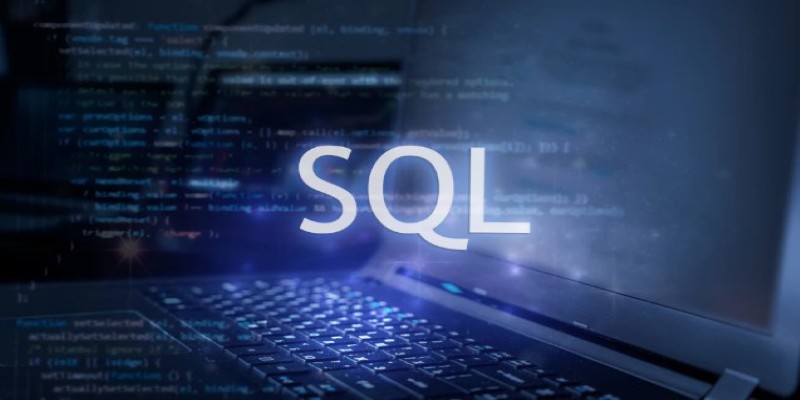
What makes SQL unique is that it lives in both worlds. It's got just enough structure to qualify as a language but not enough complexity—on its own—to behave like a full-fledged programming environment. That doesn't make it less useful, though. In fact, that simplicity is what makes it so widely adopted.
Also, SQL doesn’t compete with programming languages—it complements them. In most real-world applications, you’ll see SQL used alongside Python, Java, or Node.js. The backend language handles the app logic, and SQL handles the data. One doesn’t replace the other. They work together.
So, instead of trying to box SQL into one category, maybe it's better to look at what it's good at: data querying, data management, and maintaining order inside complex databases. And that's more than enough.
So, is SQL a programming language or a scripting language? Technically, it can act as both. But most of the time, it's closer to scripting—simple commands written to get specific results from a database. What makes SQL valuable isn't the label we give it. It's the role it plays. And in the world of tech, there's always room for a tool that just works—even if it doesn't fit into a neat little box.
Advertisement

Explore the growing popularity of AI chatbots and their role in delivering faster, smarter support to users everywhere.

Want robots that understand natural language? Discover LeRobot by Hugging Face—an open-source library connecting AI models with real-world robotics systems
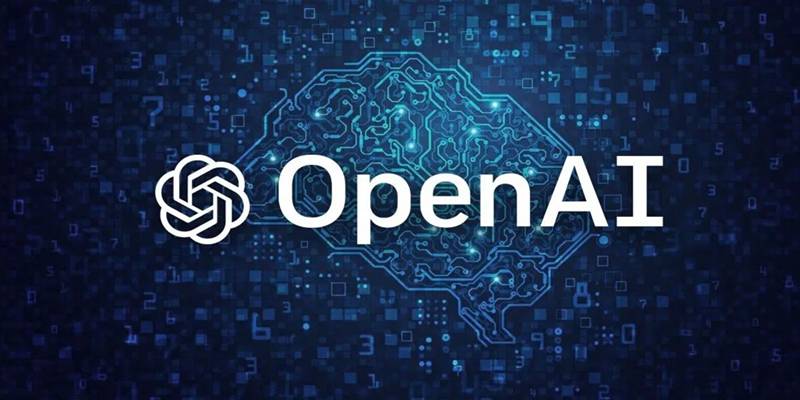
Explore OpenAI’s technologies, ethical AI practices, and their impact on education, innovation, and global AI development.

Need AI built for healthcare, not general use? Aloe offers focused, open medical language models designed for clinical tasks, documentation, research, and patient support

The industrial robotics market is projected to reach $291 billion by 2035, driven by advances in technology, factory automation, and rising global demand for smarter production systems
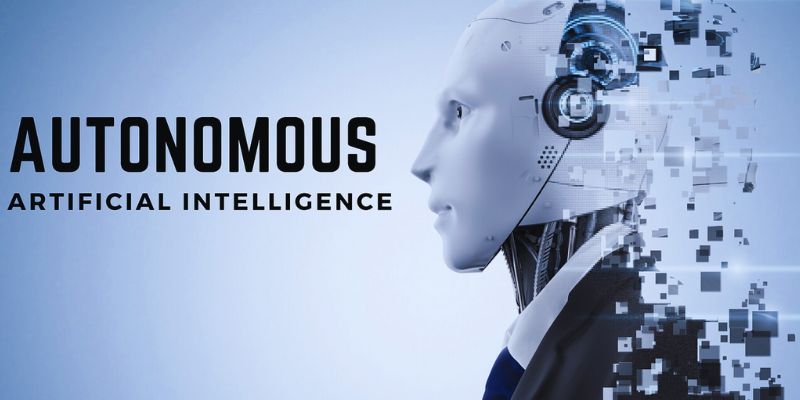
Autonomous AI is shaping the future due to its efficiency, cost-effectiveness, improved customer interactions, and strong memory

Looking to improve your ChatGPT prompts? Discover 10 free resources to master prompt engineering and get better, more accurate responses from AI in 2025

Discover how to build a consistent, effective meditation habit using ChatGPT as your personal AI wellness assistant.

Google Veo 2 review highlights its advanced video generation tool capabilities while raising serious AI video model concerns
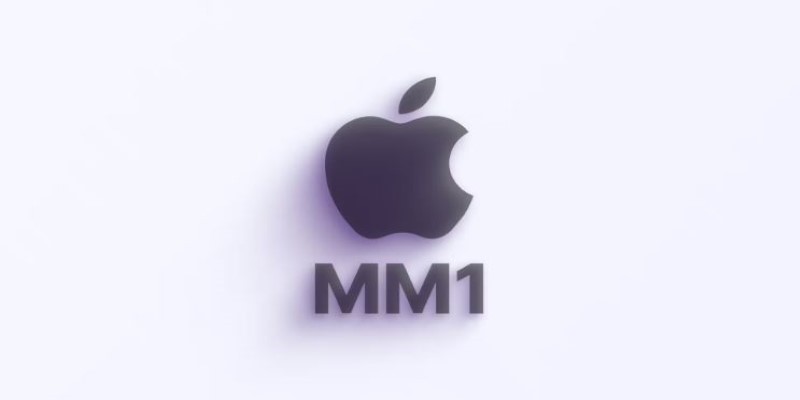
What is Apple’s MM1 AI, and how will it change Siri and your device experience? Learn how MM1 is designed to bring intelligent, on-device AI to Apple products

Learn why FraudGPT is a growing cyber threat and follow 10 essential steps to protect your personal and business data.

Explore how ChatGPT’s Code Interpreter executes real-time tasks, improves productivity, and redefines what AI can actually do.